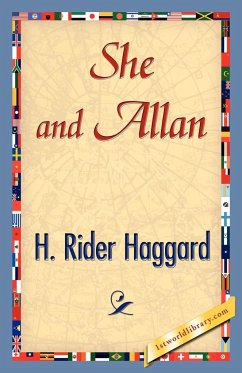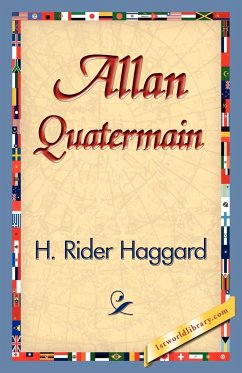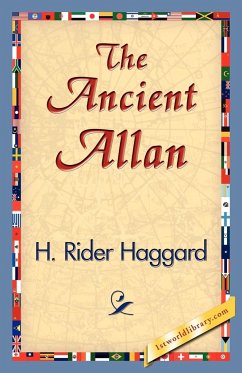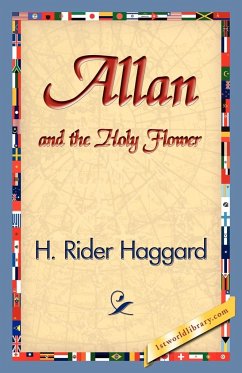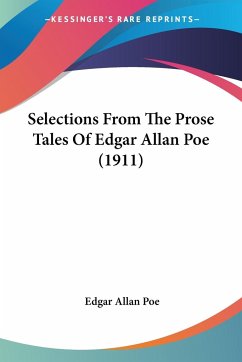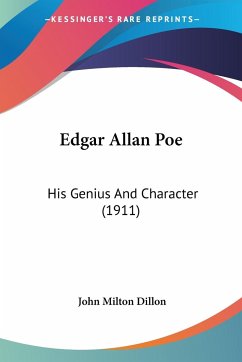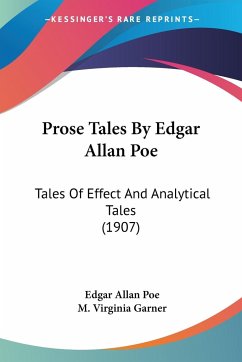I believe it was the old Egyptians, a very wise people, probably indeed much wiser than we know, for in the leisure of their ample centuries they had time to think out things, who declared that each individual personality is made up of six or seven different elements, although the Bible only allows us three, namely, body, soul, and spirit. The body that the man or woman wore, if I understand their theory aright which perhaps I, an ignorant person, do not, was but a kind of sack or fleshly covering containing these different principles. Or mayhap it did not contain them all, but was simply a house as it were, in which they lived from time to time and seldom all together, although one or more of them was present conti-nually, as though to keep the place warmed and aired. This is but a casual illustrative suggestion, for what right have I, Allan Quatermain, out of my little reading and probably erroneous deductions, to form any judgment as to the theories of the old Egyptians? Still these, as I understand them, suffice to furnish me with the text that man is not one, but many, in which connection it may be remembered that often in Scripture he is spoken of as being the home of many demons, seven, I think. Also, to come to another far-off example, the Zulus talk of their witch-doctors as being inhabited by "a multitude of spirits."
Hinweis: Dieser Artikel kann nur an eine deutsche Lieferadresse ausgeliefert werden.
Hinweis: Dieser Artikel kann nur an eine deutsche Lieferadresse ausgeliefert werden.

